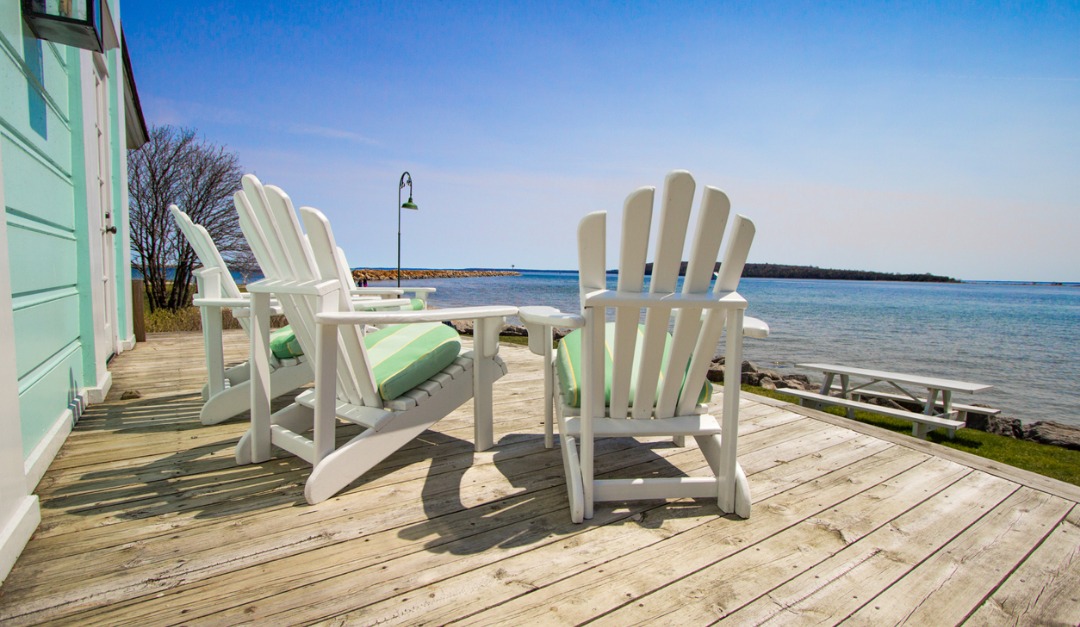Buying a rental property can be an excellent way to generate income. A house in a desirable tourist destination could be a lucrative investment, but you should consider all the potential expenses and risks.
Location
A house in a place that draws large numbers of tourists could allow you to earn a large amount of money, especially if it had popular amenities or was situated close to a beach or another hot tourist spot. If there were lots of other rental properties available to tourists, however, you might struggle to keep yours rented out consistently.
While some tourist destinations are popular year-round, others only draw flocks of visitors for part of the year. If you bought a property that you could only rent out part-time, you’d still have to pay for the mortgage, utilities and maintenance the rest of the year. Figure out if you’d be able to make ends meet in the off season or whether you’d be better off buying a rental property in a different location.
Taxes and Expenses
Tax laws and regulations on short-term rentals vary by state and city. Depending on where you bought a vacation rental, you might enjoy significant tax advantages, or you might have to pay federal, state, local and property taxes, as well as possibly sales and hotel taxes and fees to get a business license.
You’d be responsible for costs associated with maintenance and repairs. If your primary residence wasn’t near the vacation property, you’d need to hire a person or a team to manage the day-to-day affairs. Although many of those expenses might be tax-deductible, they could still eat into your potential profits.
Since vacation rental properties are often located near bodies of water, they are particularly susceptible to natural disasters. You should obviously have insurance to cover damage from a storm, but you should also consider the potential for lost income.
When buying a house to be used as a primary residence, you might be able to get a loan with a low down payment. Mortgage lenders typically require at least 20 percent down, as well as a higher credit score, for buyers of rental properties since the owner assumes significantly more risk than a typical homebuyer.
A property could gain or lose value over time, based on overall economic conditions. If the housing market took a downturn, you might wind up with a property worth less than the mortgage balance and be unable to sell it and break even.
Should You Buy a Vacation Rental?
Buying a rental property in a popular tourist destination may be a great way to generate additional income, but it also comes with a lot of potential expenses and risks. Consider all the costs of owning a rental property, including the mortgage, insurance, maintenance, repairs, advertising, bookkeeping and management, as well as the effects of choosing a particular location and your potential profit, to decide if it would be a smart investment.











